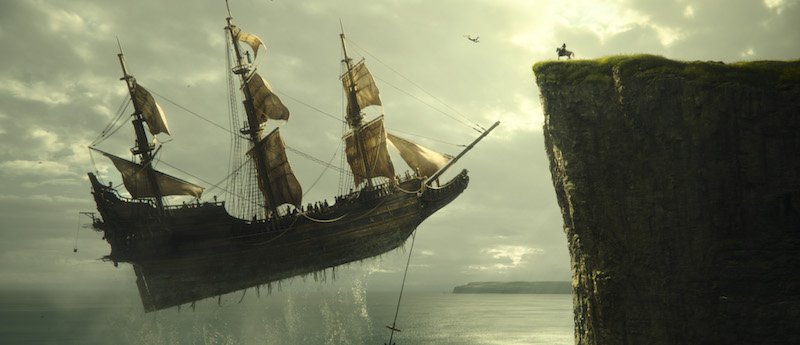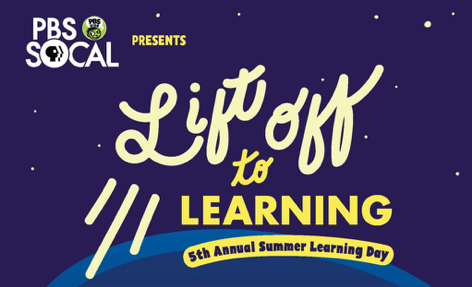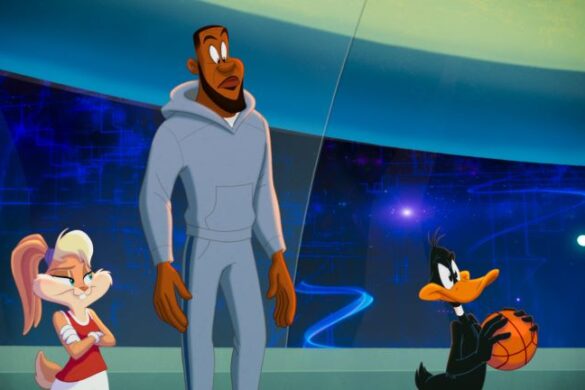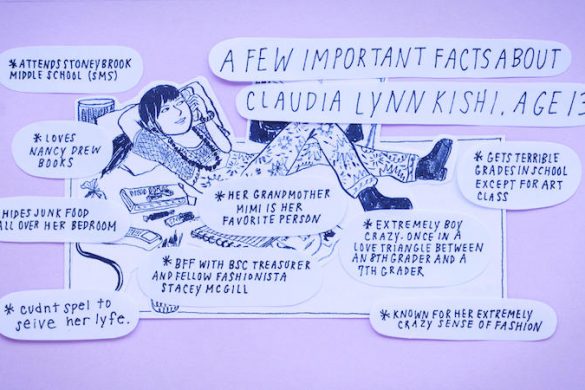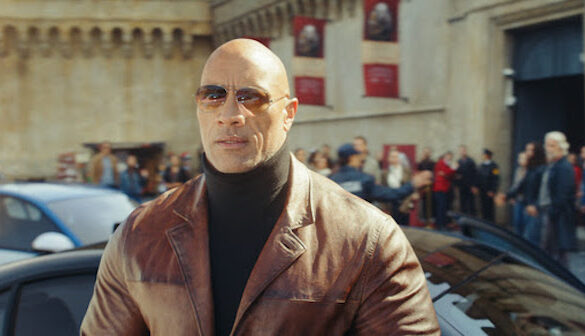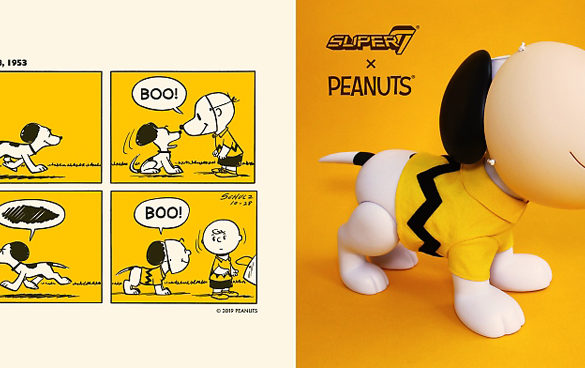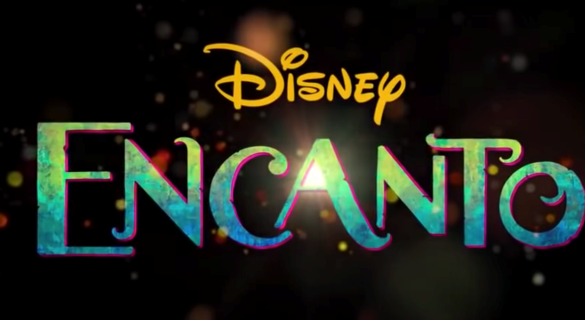David Lowery has delighted audiences by exploring the legacies of myth and folktales through cinematic storytelling. So often, these stories have been passed down from generation to generation, while others tap into the idea of bringing an audience together and discovering what it means to them. “Peter Pan and Wendy” seem to exemplify both aspects as it expands upon the ideas of a boy who never grew up and discovering what the future holds for those about to embark on the greatest adventure called life.
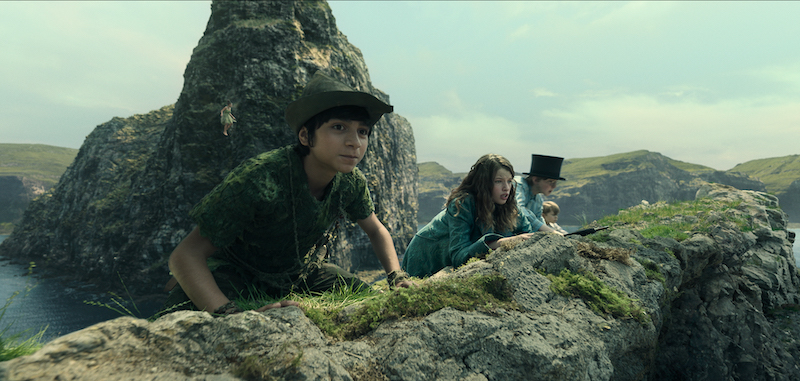
The film takes place from Wendy’s perspective. As the eldest daughter of the Darling family, Wendy (Ever Anderson) is about to be sent off to boarding school, separated from her home, and thrust into a world she does not know. However, boarding school isn’t so much of a punishment for Wendy as it is a preparation for the life ahead of her. The home is a warm and safe place that protects her from the storm outside. Here, she can be a big sister to her younger brothers John (Joshua Pickering) and Michael (Jacobi Jupe), by creating new adventures of Peter Pan and Captain Hook through play.
When the kids accidentally break a mirror, it forces Wendy to confront that she is moving off to boarding school. Her father, Mr. Darling (Alan Tudyk), scolds her for being too old for this play, while her mother, Mrs. Darling (Molly Parker), is more practical. Mrs. Darling is kind in telling Wendy that she is too big for her small bed and that she would miss out on so many things if she did see where it took her and all of the things that the world would miss if she weren’t there to do them. And her “All Grown Up” lullaby contrastingly muses between sweet melodies and lyrics that remind us about the harsh reality that we are leaving a part of our younger self behind each day we wake up.
And so the live-action film follows a similar path to its animated counterpart, where Tinkerbelle (Yara Shahidi) sprinkles pixie dust on Wendy so she can fly. But, unfortunately, she gets captured by the Darling brothers. And then, she is freed when Peter Pan (Alexander Molony) enters the home to look for his sneaky shadow. It’s a strange scene that combines some whimsy acrobatics with odd editing cuts. From there, they fly off to Neverland in a sequence that would have been visually stunning had it not been relegated to a streaming release.
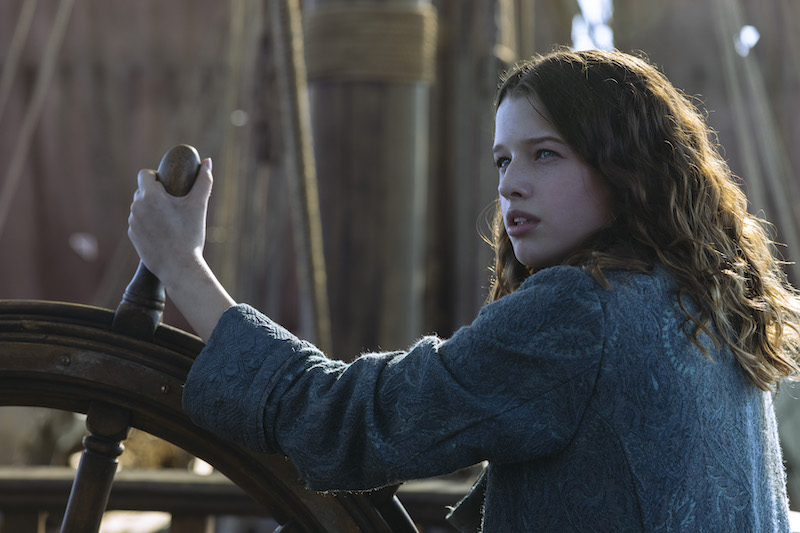
Peter Pan is still very much a kid without a care in the world. He jumps and leaps without looking, often leaving a trail of destruction in his wake. When Peter appears to be shot down by Captain Hook (Jude Law), he doesn’t tell anyone that it is all a part of his plan.
Everything Peter believes he is doing is out of love and protection. He thinks he is taking Wendy on an adventure but doesn’t realize he is putting her and her brothers in danger. No one was there to discipline him or tell him right from wrong. So when he feels like nothing is going his way, he storms off in a tantrum. Ironically, Wendy starts to grow up before our eyes as she tells him he isn’t the hero he thinks he is—something which plays out later in the film.
So Peter’s bravado masks his fear and lack of maturity. When he takes Wendy and her brothers to Neverland, he sees himself as invincible, not needing any help or at least not admitting to it. For him, everything goes his way in Neverland. “That’s just how it works. Always has,” he says, revealing that a bit of parenting could have helped. However, he refuses to believe that Captain Hook can beat him. So while happy thoughts help the kids fly, Wendy taps into her memories, reminding her of when she was pleased about how things used to be. It circles back to the idea of time, what we do with it, and the great adventures that await us as we age.
Had the film expanded its runtime, it would have suffered from merely retelling a story we already knew and inserting the unnecessary filler. Instead, Lowery turned “Peter Pan” into a more character-driven story that would flesh out the various dynamics between characters and determine what makes them who they are. Of course, there will be sweeping action sequences and breathtaking practical scenery that makes the bedtime story come to life.
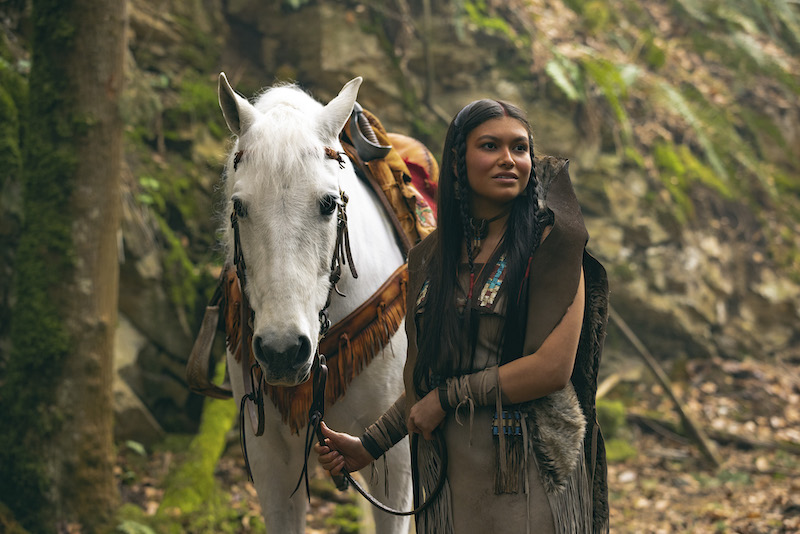
Lowery’s interpretation offers much-needed updates to an animated classic containing outdated and offensive material. What makes that so exciting is that the reinvention is a correction of the problematic and offensive stereotypes within our favorite fairytales. It’s more of an organic update that respects characters like Tiger Lily (Alyssa Wapanatâhk) with meaningful representation. And that authenticity helps change the narrative and allows us to see Indigingious people how they deserve to be seen. And unlike her animated counterpart, Tiger Lilly is more of a guide for Wendy, helping her come to terms with her transition as she enters adulthood.
The reimagining so provides us with an update on the classic Tinkerbelle. Contrary to what animation can do for a character’s emoting. Shadhidi develops an entirely new visual language for the sparkling pixie as she is so expressive with saying no words.
Another welcomed update to the film is how the Lost Boys are far more inclusive than in previous iterations. The group has girls and boys of different ages and races and a boy with intellectual disabilities. “It really doesn’t matter,” Wendy says when she discovers that the group isn’t all lost boys. So they all revere Peter as a big brother. But they also see Wendy as their mother – a role she isn’t quite ready for or even can accept.
What makes “Peter Pan and Wendy” all the more interesting is that it d differentiates itself from its animated counterpart or any other iteration by putting a twist on the Peter Pan and Captain Hook dynamic. So much of their relationship is seen as hero vs villain, with Peter being the former and the unfortunate Captain Hook being the latter. So the film breaks that cycle by looking at their relationship in-depth. This twist reveals many more truths about these characters by seeing what happens when one refuses to grow up and what happens when one grows up wrong. As such, it humanizes Hook and makes him more of a sympathetic villain who mourns his broken friendship with Peter. At the same time, it portrayed Peter as a bully who humiliated a younger Hook for missing his mother.
“Peter Pan and Wendy” is a wonderful update on a classic we all know and love. It captures that childlike wonder and sense of adventure through Anderson’s outstanding performance. As the film draws upon those magical elements of flying through the sky and fighting pirates, the film reminds us about the inevitable clash between youth and time, which is represented in the conflict between the younger Peter Pan, who made the decision not to grow up and the elder Hook decided that it was time to grow up. The reimaging also justifies its existence by correcting past mistakes left behind by its animated predecessor. Shahidi and Wapanatâhk’s roles help change the Peter Pan story for the better organically. It’s a Peter Pan for a new generation, one where its stories can resonate with adults and make them aware of the importance of feeling seen.
8.5/10

